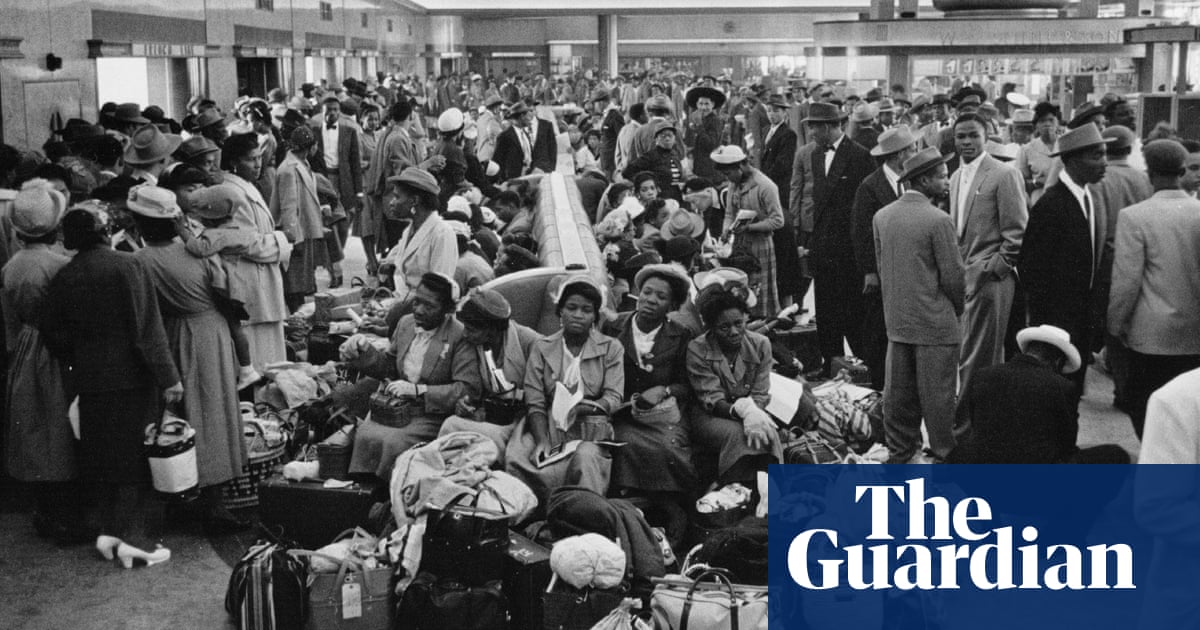
Throughout the 1990s, two civil conflicts dominated the international news agenda: Northern Ireland and Palestine. During the middle of that decade, there often appeared to be greater grounds for optimism around the Israel-Palestine issue.
The Oslo Accords were signed in 1993 and Yasser Arafat and Yitzhak Rabin appeared serious about overcoming the remaining challenges.
The 1994 ceasefire and peace talks in Northern Ireland, meanwhile, appeared a more fragile process, with both the Protestant loyalists (favoring unity with Britain) and Catholic republicans (Irish nationalists) profoundly ambivalent about negotiations. One unionist leader described the ceasefire as “the worst thing that has ever happened to us.” By early 1996, the Irish Republican Army (IRA) pulled out of the ceasefire and, to emphasize its point, detonated a large lorry bomb in the London Docklands.
When Rabin was murdered in 1996 by a Zionist extremist, few people expected this tragedy to fundamentally derail the Middle East peace process. However, tensions fueled by the Oslo process helped bring Israel’s far-right into the ascendancy. Hard-line settlers lauded Rabin’s assassination, as well as lionizing Baruch Goldstein, who killed 29 Palestinian worshippers in a Hebron mosque.
The world got a rude awakening when, instead of the relatively dovish Shimon Peres, the brash and confrontational Benjamin Netanyahu won the subsequent elections and used every trick in the book to undermine the peace process. By September 2000, it was Ariel Sharon’s turn to sabotage the peace talks. His notorious visit to disputed Jerusalem holy sites triggered the Second Intifada and positioned Sharon himself to become prime minister, causing Palestine to spiral into its bitterest bouts of bloodletting.
Meanwhile, peace efforts in Northern Ireland underwent surprising breakthroughs. To give him due credit, when Tony Blair became prime minister in 1997, he demonstrated insight and flair toward Ireland, which was tragically lacking in his later foreign policies. While the previous Conservative government had been criticized for pro-loyalist bias, the new Labour administration represented a clean pair of hands that capitalized on earlier peace efforts, was willing to take risks, and reached out to all sides. Goodwill was enhanced by announcing a new inquiry into the 1972 Bloody Sunday events, when British soldiers opened fire during a rally and killed 14 unarmed civilians — an event that more than any other had exacerbated sectarian violence.
These efforts rapidly bore fruit with the April 1998 Good Friday Agreement, which was signed exactly 20 years ago this week. Like the Oslo Accords, this agreement mapped out a process for ending the violence, while also creating the Northern Ireland Assembly. This power-sharing formula received strong support in a subsequent referendum.
A small fringe of extremists rejected these compromises, but the 1998 agreement brought the mainstream armed wings of both sides in from the cold and bound them into the political process. Indeed, the Omagh bombing by the Real IRA a few months later, which killed 29 people, prompted a backlash within the republican community, who further distanced themselves from nihilistic violence.
To young people in Northern Ireland today, the idea of hating an entire community because it is Catholic or Protestant appears somewhat outdated and ridiculous. This fundamental change of mindset is the product of not growing up in the shadow of sectarian conflict. Sadly, Israelis and Palestinians remain locked in this cycle of hatred. Measures that jeopardize the prospects of a Palestinian state are dangerously fueling anger. The recent massacre of Gaza protesters appears calculated to provoke further violence.
Now, however, the Good Friday Agreement faces a new existential threat. With Britain leaving the European Union, there are fears that Ireland will be ripped apart if the North exits the European Single Market. Such a move could see the introduction of a hard border that would threaten the agreement’s legacy; yet politicians in London exhibit a dangerously cavalier attitude regarding the destabilizing impact of Brexit negotiations on Ireland.
If only the Northern Ireland model for peace could serve as a template for Israel and Palestine.
Baria Alamuddin
A significant factor in the failure of the Oslo process in the 1990s was a similarly complacent Western failure to follow through on early achievements and hold all sides to their obligations. Although the Clinton administration wore its pro-Israel leanings on its sleeve, subsequent administrations became even more slavishly pro-Israel, culminating in Donald Trump last year handing over Jerusalem on a platter.
Looking back at the 1990s, it was far from inevitable that one of these peace processes would flourish and the other would disintegrate. Irish political and paramilitary factions during the 1980s and 90s often appeared infinitely more divided than Palestinians and Israelis. I recall speaking to British citizens bewildered by the conflict, who shrugged their shoulders and questioned whether Irish politicians on either side really wanted peace.
However, when international parties brokering peace fail to be engaged and impartial, this exacerbates polarization and mistrust. Thus, while mutually antagonistic parties in Ireland were brought together toward a common goal; the collapse of the Oslo process saw the Palestinian conflict tumble into the abyss.
Twenty years ago — under the long shadow of Oslo — many international observers saw peace between the Israelis and Palestinians as inevitable. Today it feels like an impossibility. With the US always endeavoring to give Israel what it wanted, Israel’s leaders simply demanded more and more; to the extent where today’s far-right politicians in the Knesset demand everything. If only the Northern Ireland model for turning bitterly divided communities away from sectarianism and bloodshed toward peaceful coexistence could serve as a template for Middle East peace.
Baria Alamuddin is an award-winning journalist and broadcaster in the Middle East and the UK. She is editor of the Media Services Syndicate and has interviewed numerous heads of state.











